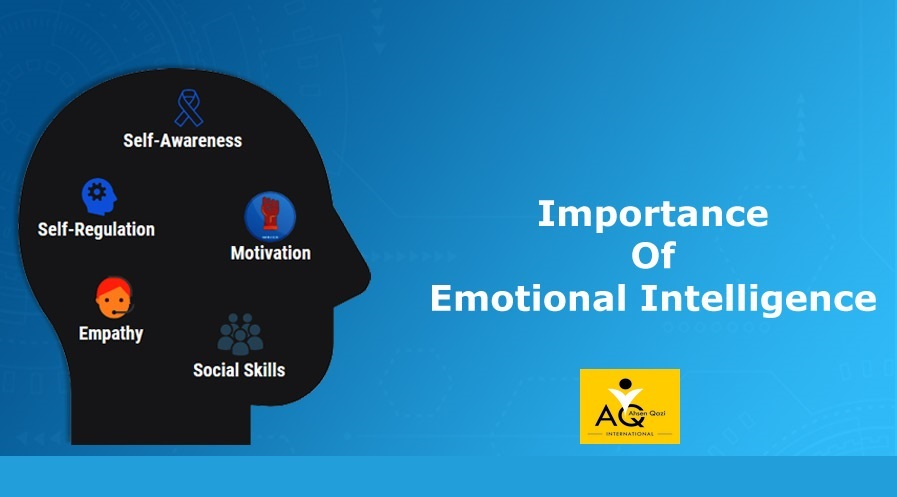The Importance of Emotional Intelligence (EQ)
Emotional intelligence is the capacity to understand and manage your emotions. The skills involved in emotional intelligence are self-awareness, self-regulation, motivation, empathy, and social skills. Embracing the human emotion in the workplace can have pragmatic benefits, such as better collaboration among employees and a happier workplace.
Five Components of Emotional Intelligence
- Self-awareness
- Self-regulation
- Motivation
- Empathy
- Social Skills
Emotional Intelligence Skills
A high IQ is also something we tend to be born with while emotional intelligence is something we can work to improve. To a large degree, our emotional intelligence starts in childhood with how we’re raised, but as adults, we can take steps to get emotionally “smarter.”
Colored Brain:
The colored brain helps in identifying the ambiguity relief process for a certain individual. 3 elements of ambiguity relief are abstract intensity, speed of processing and connectivity of information. A concrete process requires tangible elements to combine to form quantifiable and order.
How you interact with others affects how they react to you which affect their and your performance? Awareness of self gives clarity to effectively work with and help others to excel.
HOW YOUR BRAIN WORKS:
- Increase your ability to intelligently deal with people who have different brain processors to achieve more.
- Helps you to manage your own expectations and create more informed plans to achieve outcomes.
- Helps you to set others up for success instead of failure by focusing on their natural strengths and supporting them to leverage on the strengths of others.


